To provide the best experiences, we use technologies like cookies to store and/or access device information. Consenting to these technologies will allow us to process data such as browsing behaviour or unique IDs on this site. Not consenting or withdrawing consent, may adversely affect certain features and functions.
The technical storage or access is strictly necessary for the legitimate purpose of enabling the use of a specific service explicitly requested by the subscriber or user, or for the sole purpose of carrying out the transmission of a communication over an electronic communications network.
The technical storage or access is necessary for the legitimate purpose of storing preferences that are not requested by the subscriber or user.
The technical storage or access that is used exclusively for statistical purposes.
The technical storage or access that is used exclusively for anonymous statistical purposes. Without a subpoena, voluntary compliance on the part of your Internet Service Provider, or additional records from a third party, information stored or retrieved for this purpose alone cannot usually be used to identify you.
The technical storage or access is required to create user profiles to send advertising, or to track the user on a website or across several websites for similar marketing purposes.
 Cloud-based access control company Kisi has released their 2020 work-life balance city index, highlighting how major cities from the 2019 edition have since been impacted by the global pandemic. While every city in the index suffered economic, social and structural consequences, the results of this year’s edition claim that having a safety net in place for workers made a large difference in how a city navigated the crisis. (more…)
Cloud-based access control company Kisi has released their 2020 work-life balance city index, highlighting how major cities from the 2019 edition have since been impacted by the global pandemic. While every city in the index suffered economic, social and structural consequences, the results of this year’s edition claim that having a safety net in place for workers made a large difference in how a city navigated the crisis. (more…)



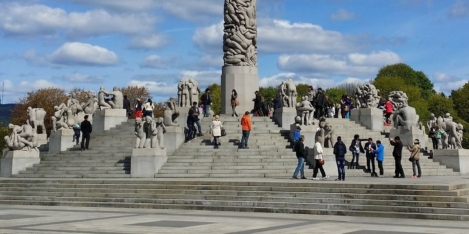

 Over half (52 percent) of UK workers think we will see a “reverse brain drain” of talent migration away from big cities like London and Manchester towards regional areas as a result of COVID-19, according to latest research from the
Over half (52 percent) of UK workers think we will see a “reverse brain drain” of talent migration away from big cities like London and Manchester towards regional areas as a result of COVID-19, according to latest research from the 




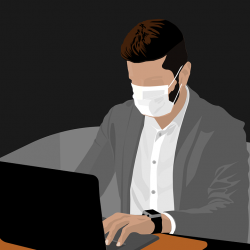 With current government advice encouraging all those who can work from home to do so, it’s no surprise that Britain’s businesses and employees are navigating a new normal. New research from
With current government advice encouraging all those who can work from home to do so, it’s no surprise that Britain’s businesses and employees are navigating a new normal. New research from 

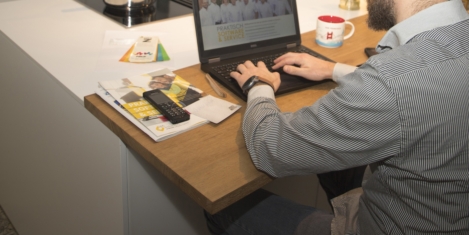
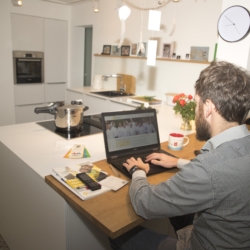 To mark the start of National Work Life Week, work-life balance charity
To mark the start of National Work Life Week, work-life balance charity 

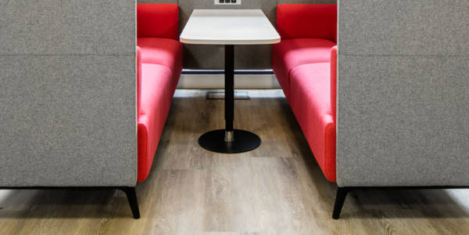
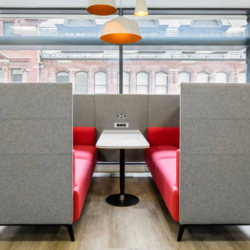












October 28, 2020
It`s not just businesses that need to wake up to changes in the way we work. Governments do too
by Jeremy Stein • Comment, Workplace design